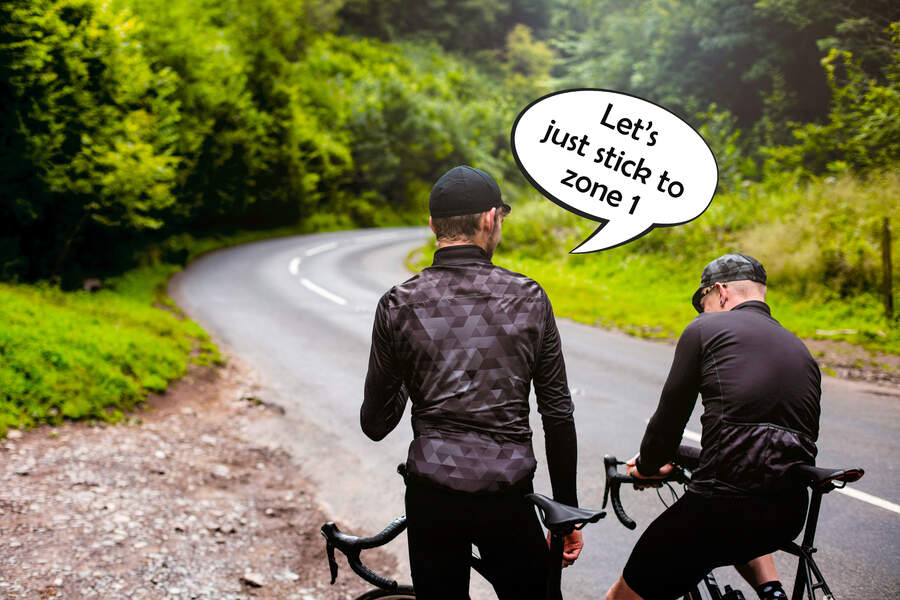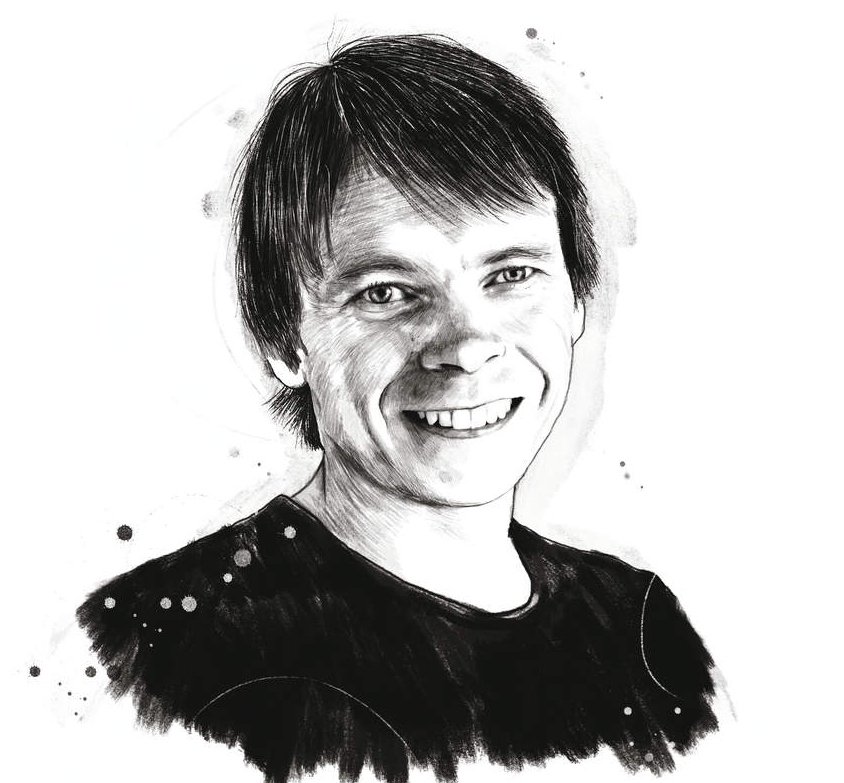'Zone two' is what cyclists call 'having a nice time' when we want to make it sound scientific
Intensity zones may be based on science but it's the subjective scale of suffering that really counts

I was riding with my friend Bernard the other day, when the following exchange took place:
Bernard: "Slow down, would you. It’s January.”
Me: “I said I was doing a zone two ride. This is zone two.”
Bernard: “Zone two? You having a laugh? I know zone two and this ain’t it.”
Me: “Well, it is for me.”
Bernard: “Rubbish. This is zone three. Maybe zone three and a half.”
Hence my theory of physiological relativity. I suggested he might like to sit on my wheel for a while, but he didn’t like that either because that was only zone one-and-a-bit, “And I don’t get all dressed up and go riding in six degrees for zone one-and-a-bit.” He told me to speed up or slow down as I preferred.

Michael Hutchinson is a writer, journalist and former professional cyclist. His Dr Hutch columns appears in every issue of Cycling Weekly magazine.
I have always thought that one of cyclists’ strengths as a group was our capacity for taking something simple and making it complicated. Hence, training zones. There are seven intensity zones in the most common model, and if you don’t think you have seven distinct levels of effort, you’re not getting the most out of your hobby. Here they are.
Zone one is the speed you go at when you accompany a small child on a ride to humour them, or the speed you ride home at after you’ve decided to retire from cycling forthwith, but you’re still twenty miles from your house. It’s very hard to actually go slowly enough for true zone one otherwise.
Zone two is normal bike riding. We only call it “zone two” to make it sound like you’re doing something more scientific than having a nice time. Zone three is faster, and is the effort level appropriate to riding into a headwind when you’re late for work and, while you wouldn’t actually be heartbroken to miss the meeting in question, you feel that for purposes of employment karma you should show a little willing.
After zone three, the gradations get a bit finer. Zone four is quite hard – you don’t want to do it without good cause. It’s the correct pace for a 40 km time trial that you’re not too bothered about winning, but where you want to avoid embarrassment. Zone five is for when you actually do want to win and you don’t mind spoiling your afternoon to manage it.
The latest race content, interviews, features, reviews and expert buying guides, direct to your inbox!
Zone six is for punishing yourself for some shortcoming, or if you’re a coach, for punishing your client for some shortcoming. And, weirdly, zone seven is so hard that, since you can’t sustain it for more than a second or two, it is almost as easy to do as zone one.
However, don’t forget the theory of physiological relativity. There are a number of other training zones that can’t be so easily defined. There is the zone that follows a proper hunger knock, which is simultaneously the hardest riding you’ve ever done, and the slowest, the most bitterly regretted, and the most memorable.
There is the weird beige zone that is what you get if you’ve ended up with a turbo session that’s going to be too short to really do any good and you can’t decide whether to do the whole ride on the rivet to try to make the most of it, or just to quietly give up.
And there is the zone that can be accessed only when you do a ride or a race with riders who are a lot stronger than you, and whose interest in your welfare is zero. As you hang off the back, it may or may not help to reflect that in reality what you’re dealing with is just normal zone six, but for two hours rather than the two minutes that would be as long as you can normally manage.
This may not be much comfort.
Michael Hutchinson is a writer, journalist and former professional cyclist. As a rider he won multiple national titles in both Britain and Ireland and competed at the World Championships and the Commonwealth Games. He was a three-time Brompton folding-bike World Champion, and once hit 73 mph riding down a hill in Wales. His Dr Hutch columns appears in every issue of Cycling Weekly magazine